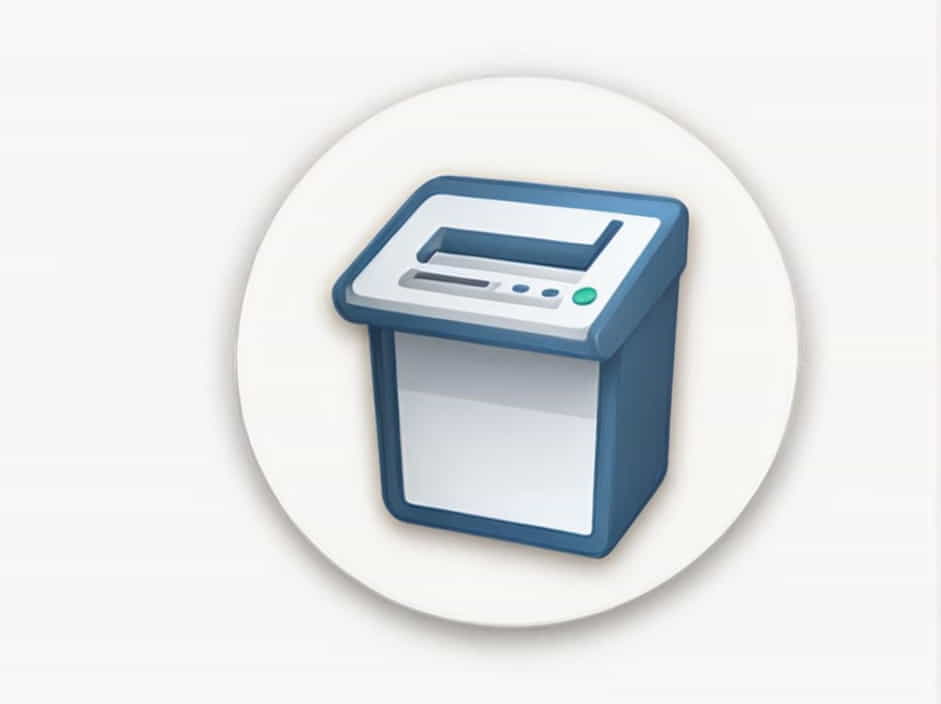The English language is full of words that express similar meanings but carry different nuances. One such word is “impromptu,” which is often used to describe something done without prior planning or spontaneously.
If you have ever given a speech without preparation, played a song on the spot, or organized an unplanned event, you have experienced an impromptu moment. But what are the nearest synonyms of this word? In this topic, we will explore the meaning of “impromptu,” its closest synonyms, and how to use them correctly in different contexts.
What Does “Impromptu” Mean?
The word “impromptu” comes from the Latin phrase in promptu, meaning “in readiness” or “at hand.” In modern English, it describes something that happens suddenly, without prior preparation, or planning.
Examples of “Impromptu” in Sentences:
- The teacher asked him to give an impromptu speech on climate change.
- We had an impromptu party when our friends unexpectedly visited.
- The musician played an impromptu melody on his guitar.
Now, let’s look at the nearest synonyms of “impromptu” and their subtle differences.
Synonyms of “Impromptu”
1. Spontaneous
A spontaneous action happens naturally and without force. It often implies an emotional or instinctive reaction rather than something planned.
Example Sentences:
- Her spontaneous laughter brightened the entire room.
- The couple took a spontaneous trip to the mountains.
- He gave a spontaneous hug to his old friend after meeting him unexpectedly.
2. Unplanned
Something unplanned is simply not arranged in advance. While it may be similar to “impromptu,” it doesn’t necessarily imply quick thinking or improvisation.
Example Sentences:
- Their unplanned meeting led to a great business opportunity.
- The power outage resulted in an unplanned break from work.
- The coach made an unplanned substitution due to the player’s injury.
3. Unrehearsed
This word is commonly used in performances or presentations, indicating that something was done without practice or preparation.
Example Sentences:
- The actor delivered an unrehearsed monologue, impressing the audience.
- His unrehearsed dance performance was surprisingly good.
- The journalist asked the politician unrehearsed questions during the interview.
4. Improvised
To improvise means to create or perform something on the spot, often by making adjustments based on available resources.
Example Sentences:
- The comedian gave an improvised stand-up act after forgetting his script.
- They improvised a meal with whatever ingredients were in the fridge.
- She made an improvised speech at the award ceremony.
5. Off-the-cuff
This phrase is an informal synonym for “impromptu” and is often used for speech or remarks that are made without prior thought.
Example Sentences:
- The CEO made an off-the-cuff remark about the company’s future.
- His off-the-cuff jokes made everyone laugh.
- She gave an off-the-cuff response to a difficult question.
6. Ad-lib
This term is commonly used in acting, public speaking, and performance, referring to something said or done without a script or preparation.
Example Sentences:
- The actor forgot his lines and had to ad-lib the rest of the scene.
- The radio host had to ad-lib due to technical difficulties.
- His ad-lib commentary made the sports event even more entertaining.
Differences Between These Synonyms
| Synonym | Key Meaning | Best Used For |
|---|---|---|
| Spontaneous | Natural, emotional, instinctive | Reactions, actions |
| Unplanned | Not arranged in advance | Events, situations |
| Unrehearsed | Not practiced before | Speeches, performances |
| Improvised | Created on the spot using available resources | Art, cooking, solutions |
| Off-the-cuff | Casual, informal, spoken remarks | Speeches, jokes |
| Ad-lib | Unscripted, quick thinking | Acting, live events |
How to Use These Words in Everyday Conversations
Knowing when and how to use these synonyms can enhance your vocabulary and make your speech more dynamic. Here are some common scenarios where they apply:
Scenario 1: Giving a Speech Without Preparation
Instead of saying:
“I gave an impromptu speech.”
You can say:
- “I gave a spontaneous speech from the heart.”
- “I delivered an off-the-cuff speech at the event.”
- “I had to improvise my speech on stage.”
Scenario 2: Planning a Last-Minute Trip
Instead of saying:
“We went on an impromptu trip.”
You can say:
- “We decided to take a spontaneous vacation to the beach.”
- “It was an unplanned weekend getaway.”
- “We improvised our travel plans at the last minute.”
Scenario 3: Performing Without Practice
Instead of saying:
“The actor gave an impromptu performance.”
You can say:
- “The actor delivered an unrehearsed monologue.”
- “He had to ad-lib during the live broadcast.”
- “Her improvised dance routine was a hit.”
The word “impromptu” has many closely related synonyms, each with its own subtle differences. Whether you’re describing an unplanned event, a spontaneous reaction, or an improvised performance, choosing the right word can make your communication more precise and engaging.
By understanding these alternative words, you can expand your vocabulary and express ideas more accurately in various situations. So the next time you find yourself in an unexpected situation, try using one of these synonyms to describe your experience!
